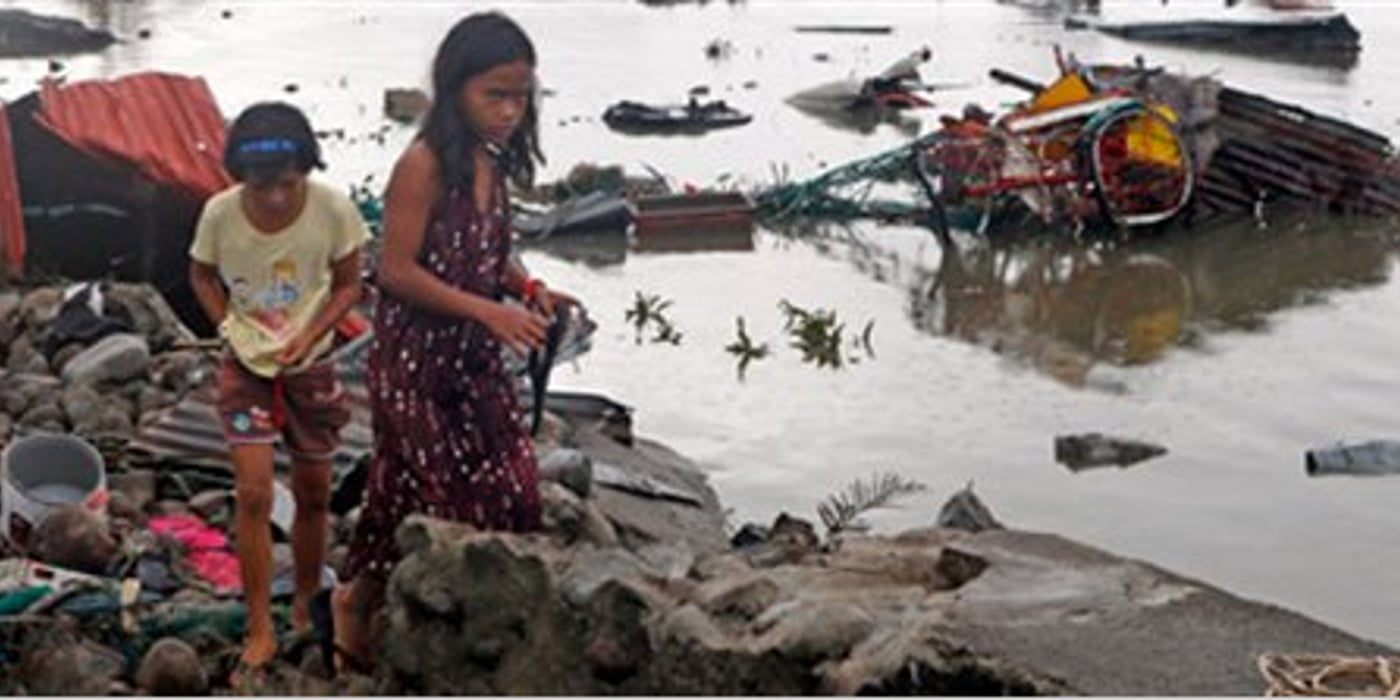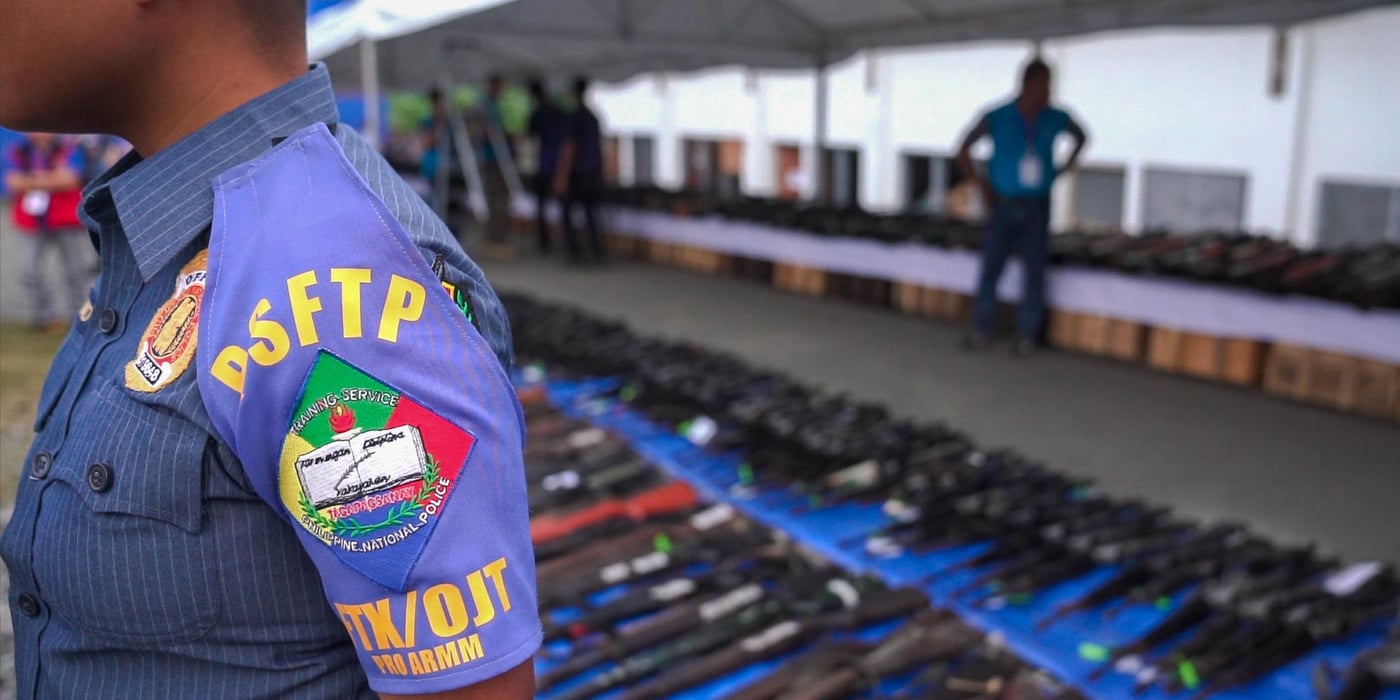
"NORCAP experts have experience from previous crises. They were there after the tsunami hit in 2004. They were there after the earthquake in Haiti in 2010. They know what it takes to get aid to those who need it the most".
Jan Egeland, NRC Secretary General
On November 8, the typhoon Haiyan hit the eastern coastal areas of the Philippines with tremendous force. 11 million people have been affected by what was the strongest typhoon to ever be recorded in the Philippines. 673,000 people have been forced to flee from their homes.
"Our main contribution is to make a large number of experts available to UN agencies that are already active in the relief efforts", says NRC Secretary General Jan Egeland.
NRC's emergency roster, NORCAP, has received various requests from UN organizations. Two people are already in place in the disaster area and several more are on the way to the Philippines. To date, over 100 people on the NORCAP roster have stated their willingness to travel to the Philippines.
The extensive devastations make it difficult for aid agencies to access survivors. The situation is critical for victims who lack everything, primarily clean water, food and shelter. Organizations face major logistical challenges, making it essential to have competent personnel that can make sure that water, food and medicine gets to people in need.
"It is a logistical nightmare. When you need the harbours, the airports, the roads, the linkages the most, they are destroyed," Egeland said to the BBC.
NORCAP's experts will take part in the humanitarian relief operations, working to restore water supplies and to coordinate delivery of aid to the Philippine population.
"NORCAP experts have experience from previous crises. They were there after the tsunami hit in 2004. They were there after the earthquake in Haiti in 2010. They know what it takes to get aid to those who need it the most", says Egeland.
To the BBC, Egeland said the humanitarian community is better organised than ever before in getting aid would get to those in need, but that it is now up to donor states to contribute to the emergency appeal by the UN:
"If the world is generous enough and gives money. Never before have we had such a well-coordinated international community."


